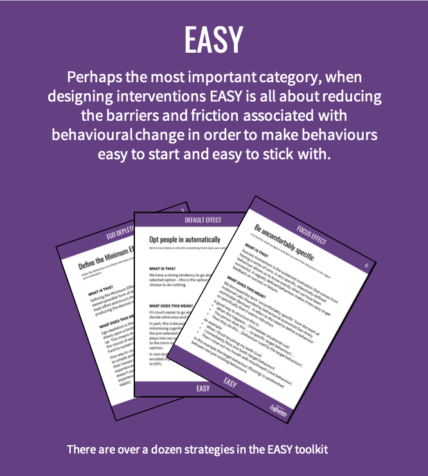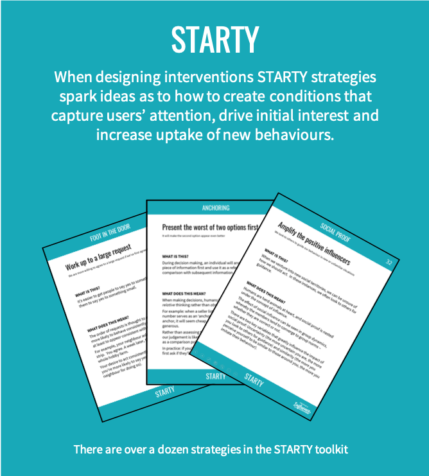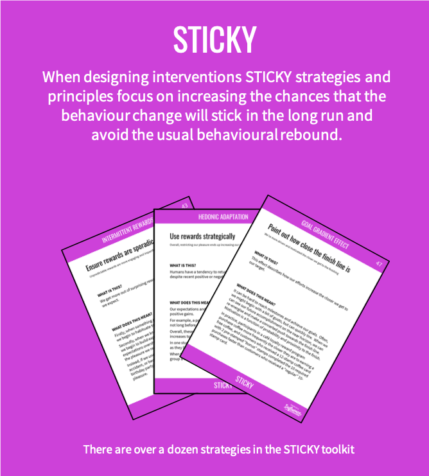Behaviour Change Strategy
Changing behaviour at scale using a holistic approach that combines Behavioural Equipping and Behavioural Engineering™
Organisations the world over are trying to transform or evolve their cultures to be more collaborative, innovative, productive, resilient and agile. Essentially, more competitive. This requires behaviour change on a mass scale and yet almost all attempts within organisations to achieve behaviour change fail. Miserably. It can be quite frustrating and perplexing. However, through the lens of behavioural economics and behavioural science more broadly, this is hardly surprising.
However, the insights of behavioural science have yet to be deployed to influence the behaviour of employees within organisations to any significant degree. This represents a massive opportunity for forward-thinking executives who want to get the absolute best out of their people. The good news is that People of Influence has spent years developing and implementing a holistic approach to behaviour change that combines Behavioural Equipping and Behavioural Engineering™.
WHY LEADERS FAIL TO CHANGE BEHAVIOUR
BEHAVIOUR CHANGE MADE SHOCKINGLY EASY
SERVICE OFFERING
TRAINING
Not surprisingly (for a business famous for equipping leaders and their people) People of Influence offers training in this methodology. The focus is on learning by doing.
(1, 2 or 3 days)
BEHAVIOUR SPRINTS
Our team walks (well, sprints) side by side with you to define the result, identify the ‘uncomfortably specific’ behaviours and run controlled experiments to uncover the most effective interventions to change behaviour at scale.
(6-12 weeks depending on scale)
CULTURE CHANGE
We bring our unique constellation of services to bear on the big challenge of changing culture. Behavioural Engineering in addition to Equipping leaders, Equipping teams and Energising conferences & offsites.
(bespoke time & cost)
BEHAVIOURAL ENGINEERING™ PRINCIPLES
The principles behind our Behavioural Engineering™ approach are primarily drawn from the fields of behavioural economics and neuroeconomics. Behavioural economics has been led and popularised by researchers such as Nobel Prize winner Daniel Kahneman, Nobel Prize winner Richard Thaler and Dan Ariely. Neuroeconomics, a different yet intersecting field, was pioneered by Professor Paul Zak. The research is deep and vast, but all of the principles have been tested first in laboratory settings and then ‘in the wild’ primarily with citizens by government ‘nudge units’ and with consumers of technology.
While most of the principles sound strange and exotic to the lay person, they can be practically applied to great effect when in the right hands. Over the last few years we have spent time talking with researchers and practitioners in labs in places like the UK, US and Australia and this has been tremendously helpful in developing this approach. It has taken us a long time to draw it all together!
Each specific science-based principle/strategy we put into one of three categories:






